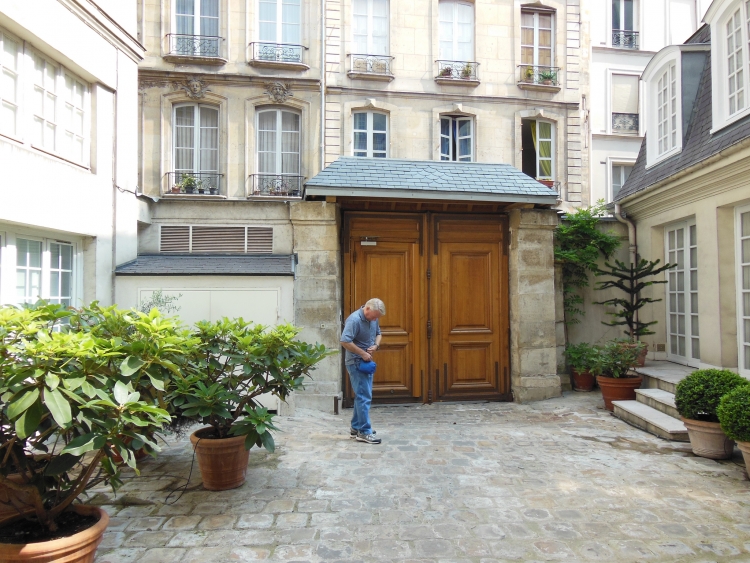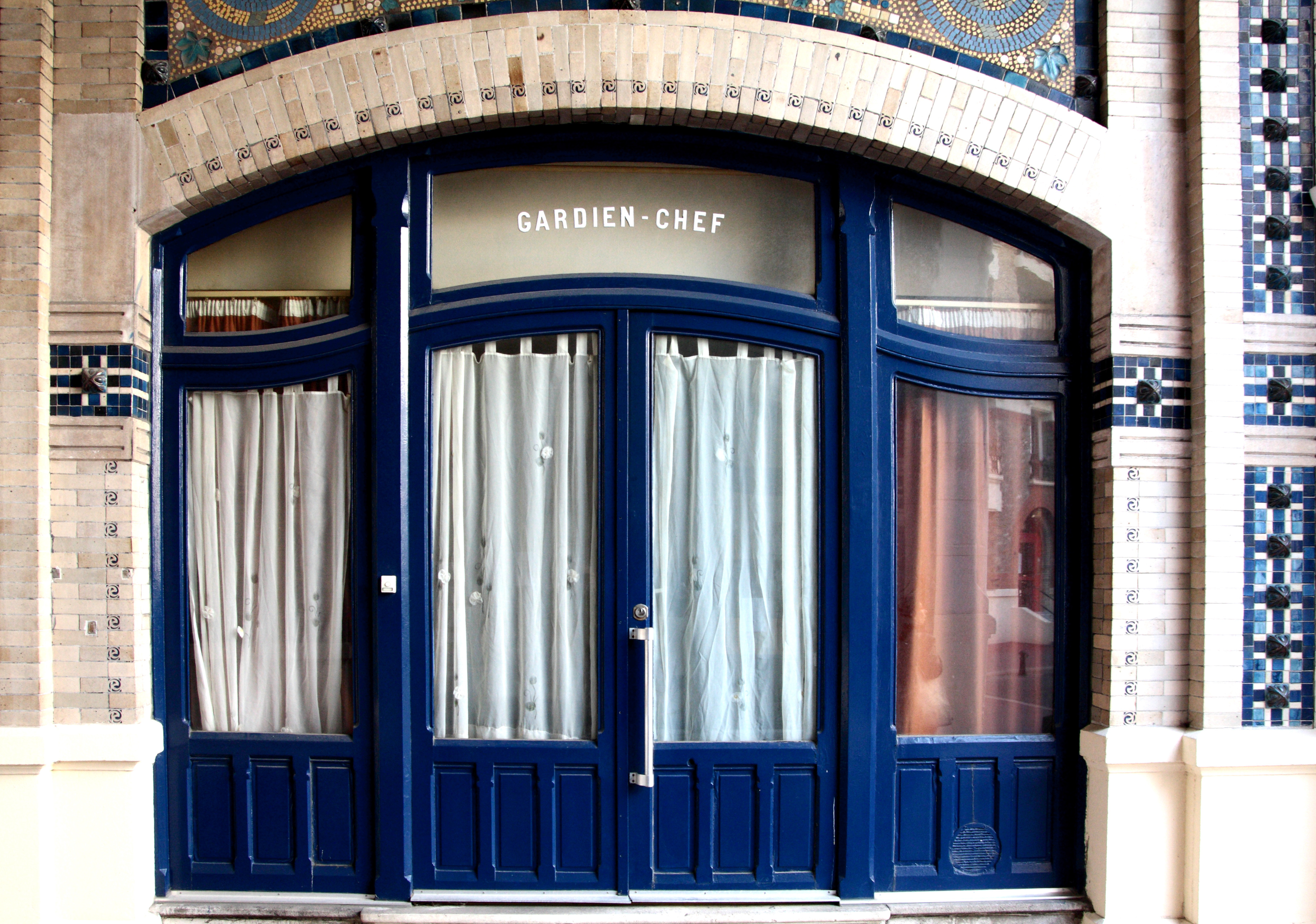Gardiennes: The Invisible Helpers that Make Paris Tick

Gardiens are a vital part of Parisian life. They first appeared as a replacement for maids and servants after World War II, when homeowners and tenants of high social standing needed someone to do their handy work, like delivering mail, handling garbage, and cleaning apartments, hallways and courtyards. Instead of having individual maids occupying the many chambres de bonnes, or maid rooms, tucked away on the top floor of Parisian buildings, residents decided to centralize these responsibilities with a gardien or gardienne.
In the past, being a gardien was truly a 24/7 job, involving hours of sweeping, scrubbing, walking up and down big flights of stairs, and dealing with forever-unsatisfied tenants and owners, all for a minimal wage.
Today, however, being a gardien means something a little different. In 2015, few gardiens work full-time; most actually juggle three to four jobs, like Isabelle Pontessa, a 47-year-old gardienne in the 14th arrondissement. Pontessa says: “I have four part-time jobs where I do cleaning services and gardiennage.” In addition, laws and reforms have been made during the past ten years to categorize gardiens: full-time and part-time, which have different benefits (including rent-free accommodation and electricity), working hours, and pay. The job description of the 2015 gardien is not much different from before however, as they still handle garbage, clean communal areas, and distribute mail to tenants.
With changes to the urban landscape of Paris – the construction of HLMs (block apartment residences intended for the lower middle and lower class) and more standardized constructions over the past few decades – there is less room, or need, for gardiens. As the profession has been in decline, those who see it as vital – like the Mairie de Paris as well as associations of gardiens and concierges – have been pushing for legal and practical reforms as well as incentives to encourage people to become gardiens. There is now even a school for gardiennage: a project supported by the former State Secretary of Housing and Urbanism, Benoist Apparu. The Égérie school teaches all the skills required in order to become a gardien or concierge, providing graduates with a diploma.
Paris has a particularly large community of Portuguese gardiens. Many came to Paris in search of a better life, like Pontessa, who tells us: “I came to France 29 years ago. There was not much for me at home, and a lot of young girls were doing it.” Others came hoping for better work opportunities and conditions, like Maria Maciel, a 48 year-old gardienne, who says: “In Portugal, I worked for a sock factory for ten years, but it closed down. At forty years old in Portugal, you’re no use anymore, and it’s really hard to find a job. Here, I found cleaning jobs, kids to babysit, etc.” Becoming a Parisian gardienne gave these women access to steady pay, with significant benefits such as living rent-free, and to be integrated in a community they enjoy. As Isabelle says: “I really love it here; I enjoy the French mentality, that is why I stayed!” These immigrants have formed a community, allowing them to help each other whenever needed.
“We help each other all the time as we often need to find replacements, employers often ask us if we know someone trustworthy that could replace us, and that is done among us gardiennes,” says Isabelle.
Even though gardiens today have better living and working conditions than they did years ago, it is important to remember as you run past them to catch your morning bus that they are people: they hear you, see you, and clean up after you. Even if sometimes you want to escape their never-ending tales about their sister’s dog who got sick, remember that its your guardian who is making your residential life so much easier.








